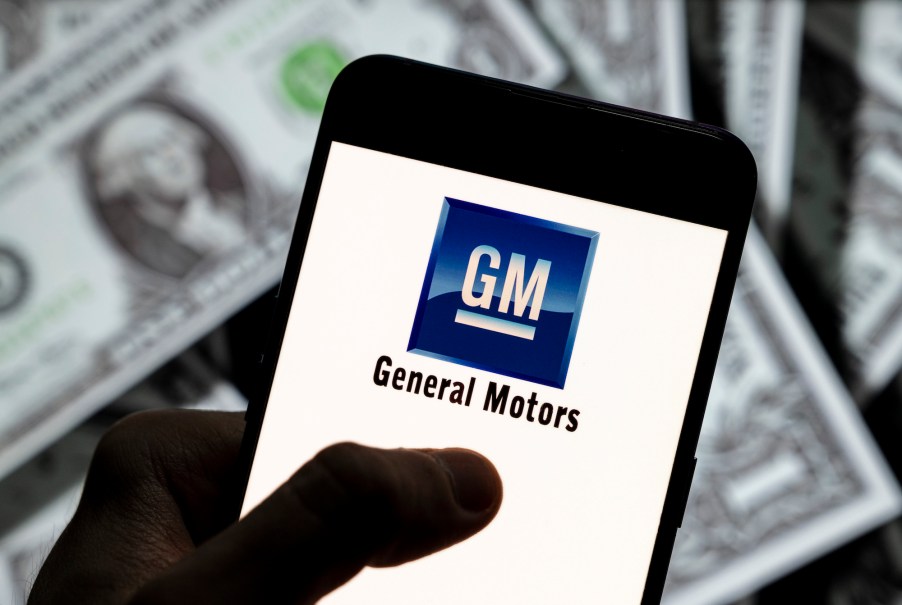
GM Reveals 9 out of 10 Lease Customers End Up Buying the Car to Avoid Today’s Sky-High Prices
Leasing is a popular way to drive a new car without having to buy it. In some cases, leaseholders can even make money at the end of the term. The possibility of earning money at the end of a lease is even greater today, based on data from General Motors.
As the world emerges from the pandemic, major changes have happened in car leasing. Previously, customers had simple options at the end of a lease. But with low inventories of new cars come new challenges and opportunities. Here is what you need to know about the new normal of car leases.
Why are new and used cars are so expensive?
As businesses and schools went remote during the pandemic, the demand for semiconductor chips rose, Reuters reported. People were looking to upgrade their home appliances given they were spending more time at home. Though you’d expect chips in computers and video game consoles, they’re also used in just about every electronic device. You’ll even find them in toasters and blenders.
Amid this increased demand, most chip manufacturers shut down production due to the pandemic. A chip shortage was almost inevitable. This shortage came to fruition this past spring and hit auto manufacturers hard. In many cases, carmakers had to slow vehicle production dramatically. In turn, new car prices skyrocketed.
Prices for pre-owned cars also soared, albeit for very different reasons. To oversimplify, many used vehicles come from car rental companies. After a rental has reached a certain number of miles, the company sells it to a dealer. During the pandemic, almost no one was renting cars. A once-reliable source of supply for used car dealers was shut off, raising the prices on available inventories.
GM lease customers are buying out in large numbers

With the rise in costs of new and used cars, most leaseholders are exercising their buyout rights at the end of the term. According to Automotive News, only 11% of GM Financial lease customers opted to return their vehicles in the second quarter of this year. The other 89% chose to buy the vehicle.
From GM’s perspective, it was able to remarket only 32,900 vehicles in Q2. That’s a decrease of more than 60% over last year. With more customers choosing to buy out their leases, the used car inventory is continuing to lose once-reliable supply sources.
What is a lease buyout?
At the end of most car lease agreements, the leaseholder has the option to buy the car instead of returning it to the dealer. The buying price is determined before both parties agree to the lease terms. The predetermined price is known as the residual value, Bankrate explains.
Most leases that are now expiring were agreed to far before the pandemic. The contract writers had no way to foresee the forthcoming semiconductor chip shortage or supply issues with used cars. In most cases, the residual value is far less than the actual market value of the car.
This is bad news if you’re in the market for a used car but fantastic news if you have a car lease that’s close to expiring. It’s worth double-checking the fine print, but if your lease term is close to ending, there’s a great chance you could buy it well below the market value. Even if you don’t want to keep the car, you could buy it at the residual value and easily flip it. But be sure to keep an eye out for additional costs like title and registration fees.


